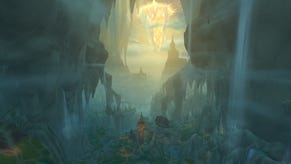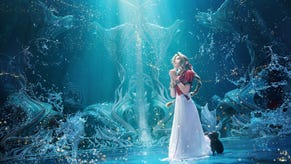Super Mario's Maestro: A Q&A with Nintendo's Koji Kondo
The composer behind some of gaming's most legendary tunes reflects on the many changes he's experienced in his 30-year career at Nintendo.
This article first appeared on USgamer, a partner publication of VG247. Some content, such as this article, has been migrated to VG247 for posterity after USgamer's closure - but it has not been edited or further vetted by the VG247 team.
Longtime Nintendo composer Koji Kondo shouldn't need any introduction, but if you require a refresher, here goes: He's the man behind some of Nintendo's most memorable soundtracks (like this one), and has been the company's musical mainstay over the past 30 years.
This past weekend, Kondo took a trip to the States to perform a Zelda medley alongside indie rockers Imagine Dragons at The Game Awards, which gave me an oppotunity to speak with him for 45 minutes about his many contributions to gaming over the past three decades. And, since this interview wasn't tied to any particular release, I had the freedom to plumb the depths of Mr. Kondo's career to finally find answers to those burning, Nintendo-related questions that have been haunting me for years.
USgamer would like to thank Nintendo Treehouse's Tim O' Leary for providing translation during this interview.
USgamer: The Legend of Zelda: Ocarina of Time was the last game where you served as the sole composer. Can you explain how your role at Nintendo has changed since then?
Koji Kondo: I've mainly been busy as a sound director, and I've been tasked with composing a couple of songs, here and there, for different titles. Really, the main bulk of the work that [I do] is direction for the sound team, managing their activities and output, and overseeing the work that they're doing.
USg: Do you have any compositions that are personal favorites of yours, but maybe not as well known as your most popular themes, like those from Super Mario Bros. or The Legend of Zelda?
KK: "Starship Mario" from Super Mario Galaxy 2.
USg: How do you feel about the continued popularity of 8 and 16-bit style music? Would you ever want to compose music under these limitations again?
KK: First of all, in Japan we have "8-bit tunes," as we call them—there's a group of folks who really enjoys listening to them, and I personally enjoy listening to that music as well. I think it's a bit mysterious to me that the popularity still continues. My assumption is, for the younger kids, that this is new music to them rather than a continuation of something that's been around for a while. I definitely [feel] that I would like to work with 8-bit tunes using today's technology, and maybe go back and try to do some of the things I left undone, or things that I wasn't able to do. So I definitely have some interest in going back and working with that music again.
USg: What was your favorite Nintendo sound hardware to work with?
KK: As I look back, the NES had some really interesting things about it. Within the limits that the system had, I think trying to create music with that technology, and trying to piece all of the different things together to come up with what I consider to be catchy or compelling music... It was sort of puzzle-like, and I really enjoyed that challenge.
USg: Can you talk at all about the challenges presented by the sound hardware of the Nintendo 64?
KK: When we moved from the Super Nintendo to the N64, we were just able to create fuller-sounding music. We were able to create sounds that were more representative of actual instruments. And so, when I was creating the music myself, I had to think, "This isn't going to sound like a computer. This is going to sound like an actual instrument." So, the composition and construction of the music itself—there were some slight changes because we had to think about the instruments that would be playing these sounds. We were able to recreate instruments more authentically, so that influenced how the music was composed.
USg: What soundtrack or individual piece of music gave you the most difficulty? Why was this?
KK: The most challenging [piece] was the main theme for Super Mario Bros. 3. The [original] Super Mario theme itself was almost a little too empowering. That indelible impression it left in the user's mind with how it matched up with what Mario was doing on the screen—that was a big mountain to climb when we started working on the music to Super Mario 3. I remember creating lots of different music in different styles, trying to come up with something that would match that game and be different enough from the original Super Mario theme. It was tough. It took me a long time to come up with something I thought would work, and it was really me and Mr. Miyamoto and Mr. Tezuka—the three of us—right up until the very last stages of development, listening to all of these different music pieces that I created, before we finally settled on what we ended up using.
Any time you're working off of existing music, and you're revamping it for the next title, that's just always a tough gig. And that's true for every title, starting from the first [one]. It's tough for me, of course, but maybe even more so for the people on my staff, who are working on different arrangements of music they didn't even compose. They're working on music that I composed, and now they're having to go back and do some rearranging to match [music from] current games. So if it's tough for me, I think it's even tougher for them.
USg: I've always wondered why the original Super Mario Bros. 3 title screen had no music. Was that an intentional omission, or did you have something in the works that fell through?
KK: For us, it wasn't an omission; it was a choice. We just didn't feel there needed to be music on the title screen. I believe, if memory serves, there might have been some sound effects that occurred there, but I don't recall, off the top of my head. At that point, we thought that, until the game started, it wasn't necessary to have music on the title screen. So we just didn't have anything prepared for that.
USg: If you knew Doki Doki Panic would eventually become America's version of Super Mario Bros. 2, would your compositions for this game have been much different?
KK: It definitely would have been different. We created that without Mario in mind, and when creating sequels with the same characters, we look at the music that we used previously. And [with Doki Doki Panic] I created [the music] without any Mario influences in mind. If I had known that it would be released in the US with Mario characters implemented, it would have changed the process and the music. That being said, there are a number of songs that I either added, or rearranged, or changed dramatically... when [Doki Doki Panic] became Super Mario Bros. 2.




_jUe8CpT.jpg?width=291&height=164&fit=crop&quality=80&format=jpg&auto=webp)
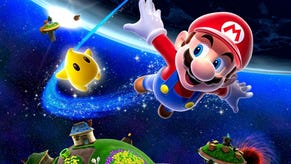
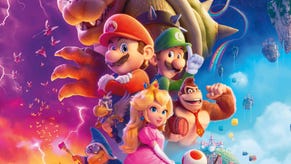
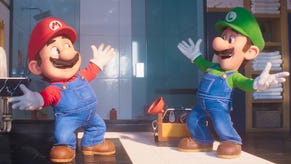

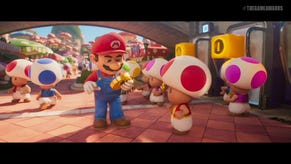
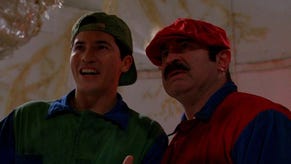
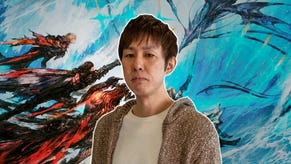
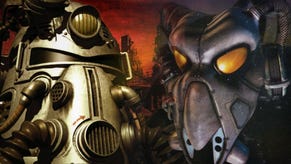
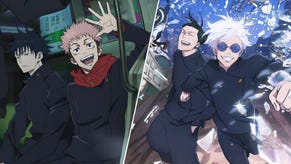
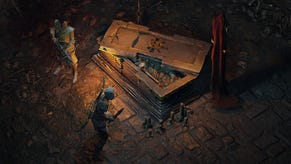
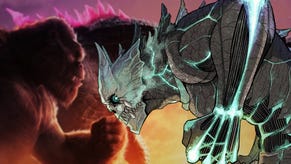
_ddwYK80.png?width=291&height=164&fit=crop&quality=80&format=jpg&auto=webp)
